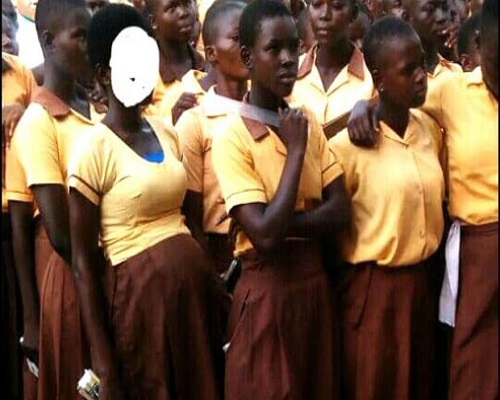Hundreds of Pregnant Girls and New Mothers Sit for BECE in Upper East Region

A significant number of pregnant girls and lactating mothers are among the 19,523 candidates currently taking the 2025 Basic Education Certificate Examination (BECE) across Ghana’s Upper East Region. This concerning trend highlights ongoing challenges related to adolescent welfare and reproductive health education in the area.
According to Nathaniel Nyaaba, the Upper East Regional Public Relations Officer for the Ghana Education Service (GES), 21 pregnant girls and 17 lactating mothers are visibly identifiable participants in this year’s exams. Nyaaba acknowledged that these figures likely underestimate the true scope of the issue, as they only account for those cases that are readily apparent.
Ensuring Inclusivity Amidst Challenges
Of the nearly 20,000 candidates, 8,842 are males and a higher number, 10,681, are females. The examinations are being administered at 90 designated centres throughout the region.
Despite the concerning demographic, Nyaaba assured the public that the GES has implemented all necessary arrangements to facilitate a smooth and incident-free examination period. He stressed the organization’s commitment to supporting all candidates, including pregnant and nursing mothers, to ensure they can participate in the exams under dignified conditions. “The GES is committed to ensuring that no candidate is left behind. We have taken measures to support every candidate, regardless of their situation,” Nyaaba stated, as reported by adomonline.com on June 11, 2025.
Nyaaba also took the opportunity to remind candidates about the importance of avoiding examination malpractice. Furthermore, he urged parents and guardians to provide adequate support at home while refraining from congregating around examination centres, which can create unnecessary distractions for the students.
A Call for Deeper Intervention
The notable participation of pregnant girls and young mothers in the 2025 BECE has sparked broader discussions and concerns among stakeholders regarding adolescent welfare and the efficacy of sexual and reproductive health education within the region. While many welcome the high female turnout as a positive indicator of progress towards gender parity in education, there is a strong consensus that urgent interventions are needed. These interventions aim to address the root causes of teenage pregnancy and early motherhood, ensuring that young girls can pursue their education without such profound personal challenges.
The situation in the Upper East Region underscores a complex interplay between educational access, societal norms, and public health, necessitating a comprehensive approach to support its youth.
Source: Thepressradio.com





